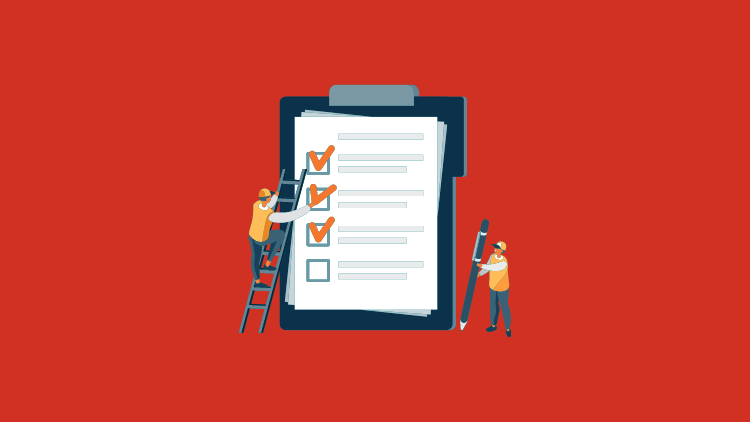Banking, Partner
The Harmony Gap: Why banks lose $100M annually when fintech and legacy systems don’t play nice
- Financial disharmony costs organizations $100 million annually as money struggles to flow seamlessly through trading, banking, and payment systems, with cyberthreats driving a third of losses.
- FIS CTO Firdaus Bhathena and Oxford Economics' Margaux McLoughlin discuss strategic solutions including AI integration, enhanced training, and industry partnerships to address the growing harmony gap in financial services.
Zack Miller | June 26, 2025
Banking, Partner, SMB Finance
How to get started with embedded lending and drive revenue
- Always strapped for cash and with their owners juggling multiple responsibilities at once, small businesses increasingly adopt vertical SaaS platforms to run their operations, the demand for integrated banking, payments, and lending solutions continues to accelerate.
- Tune in to hear us plot the market shift from embedded payments to lending, underwriting challenges for thin-file customers, and strategic partnership models that create comprehensive solutions for small businesses along with two case studies from Relay and Tilled.
Zack Miller | June 25, 2025
Banking, Embedded Finance, Partner
How Citizens is using Value-Added Services and a command center approach to empower SMBs
- SMB customers need more than just the traditional checking account from their banks, firms that want to capture and retain SMB customers need to go further and build products that help make running an SMB easier.
- On the show today, Mark Valentino, President of Business Banking at Citizens, and Taira Hall, EVP and Head of Enterprise Payments at Citizens, join to talk about how the bank aiming to become a command center for SMB owners.
Rabab Ahsan | June 23, 2025
Artificial Intelligence, Banking, Partner
How Temenos is co-creating AI products with banks, not just for them
- Banks struggle with AI adoption due to outdated data systems and cultural resistance; Temenos' Barb Morgan addresses these foundational challenges.
- Morgan talks about how Temenos is helping the industry in evolving towards gradual AI deployment, market-centric innovation, and customer-driven product development approaches.
Zack Miller | June 20, 2025
Banking, Partner
“Take a hard look at your current ecosystem. If you were to double the assets under your management today, would your current ecosystem sustain that growth?” Finastra’s Kristen Lista, on what FIs need to do to compete in SME lending
- Traditional banks are losing market share to non-bank FIs who are proving to be more agile in their SME lending approaches.
- Finastra’s Principal Product Manager Kristen Lista joins the Tearsheet podcast today to discuss how consolidating technology and decreasing the time between application and access to funding can fuel traditional bank's SME lending approaches.
Rabab Ahsan | June 17, 2025








